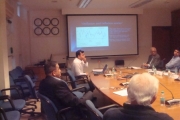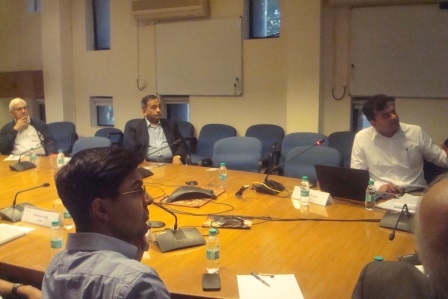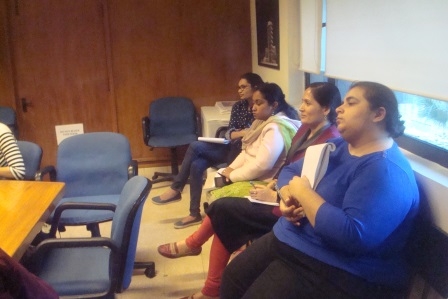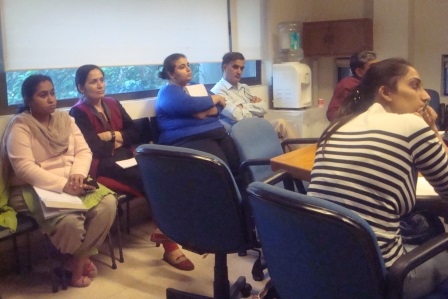Measuring Money: Using Divisia Monetary Aggregates to avoid Policy Mishaps
20 Nov 2016
Past Event

The inadequate availability of high-quality monetary and financial data has long been associated with misinformed policy decisions. Conventional, simple-sum, money-supply measures are not adjusted to account for differences in the degree to which different assets actually serve as money. Divisia measures, named after the early 20th century French economist, Francois Divisia, make proper adjustments based on rigorous index number theory; they have been shown to offer a more accurate picture of what is really happening to a country’s money supply. In the US, since monetary assets began paying interest over a half century ago, Divisia measures have given better forewarning of U.S. recessions than conventional, simple-sum, money supply measures.
In his presentation, Dr Soumya Bhadury, Associate Fellow at NCAER explored the potential role of Divisia monetary aggregates in the Indian context, including how better data can assist the new Monetary Policy Committee decision-making process. With financial instruments becoming increasingly complex, the simple-sum monetary aggregation done by almost all major central banks, including the Reserve Bank of India, can lead to misjudgments about liquidity in the economy and prevent systematic assessment of risk and its mitigation, as in the case of dealing with a potential market bubbles. Divisia aggregation has made major inroads in the professional literature on aggregation. Besides explaining these aggregates, Bhadury elucidated the experiences of the European Central Bank and the central banks of Poland, the United Kingdom, and the United States after their adoption of such aggregates. . Dr Partha Chatterjee, Associate Professor, Shiv Nadar University and Dr Kanhaiya Singh, Senior Fellow, NCAER shared their comments.
Soumya Bhadury joined NCAER recently as an Associate Fellow. Prior to this, Bhadury taught at the University of Kansas while working on his PhD there. His dissertation focused on the role of correctly measured monetary aggregates in exchange rate determination for open economies. Bhadury’s research interests lie in macro and international economics with a special focus on the exchange rate, and in monetary theory and policy.










